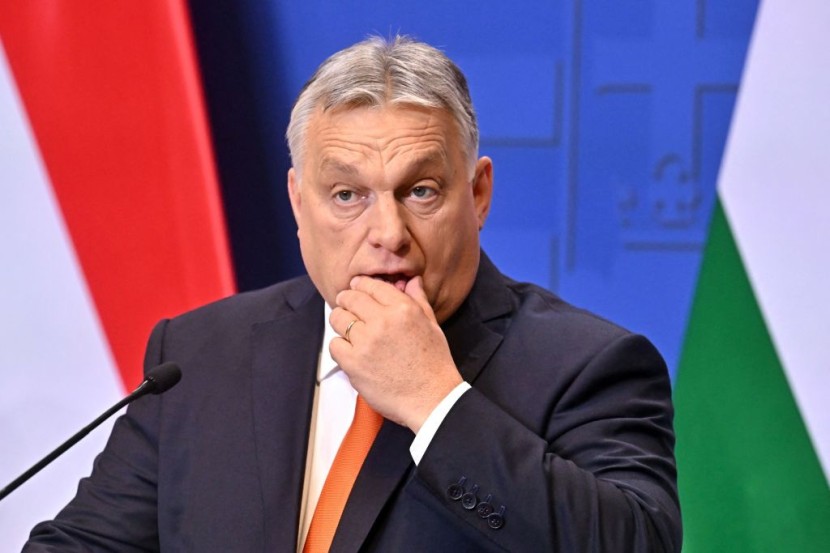
Hungary has been a common issue regarding the rotating presidency of the European Union. While the country would only assume the six-month presidency in the second half of 2024, the European Parliament doubted that the Hungarian government could handle the EU due to the state of affairs back home.
By a vote of 442 for, 144 against, and 33 abstentions, Members of the European Parliament (MEPs) passed a resolution questioning how Hungary would be able to "credibly fulfill" the task of the presidency "in view of its non-compliance with EU law." The statement also calls on member states to "find a proper solution as soon as possible" or the Parliament "could take appropriate measures" in the absence of such.
Hungary Calls European Parliament's Threats 'Nonsense'
The exact meaning of such appropriate measures remains to be determined. Meanwhile, Hungarian justice minister Judit Varga said she was not worried about the European Parliament's plans to delay or bypass her country's presidency, calling it "complete nonsense."
"It is just the political pressuring of the European Parliament," she added.
However, the concern did not just come from the European Parliament, as German Minister of State for Europe and Climate Anna Lührmann also expressed "doubts" about to which extent Hungary could lead the union for half a year.
"Hungary is isolated in the EU at the moment because of very serious problems with the rule of law," she said. Lührmann added that Hungary frequently left room for doubt about its support for Ukraine.
Budapest vs. Brussels
Hungary's other problem in taking the presidency was the European Commission withholding a significant amount of EU funds from Budapest due to its domestic rule-of-law issues. The commission has been concerned with Hungary eroding basic democratic institutions under prime minister Viktor Orban.
On the other hand, Hungary accused EU officials of carrying out a "witch hunt" for its Euroskepticism and opposition to migration.
European Parliament's Options
Even if the European Parliament could tell home governments to toe the union line, it is also aware it has limited clout to prevent Hungary's presidency, especially because the resolution passed was nonbinding.
However, the European Parliament has several options. According to a recent study by the Meijers Committee, an Amsterdam-based network of legal experts, one of them is transferring the chairmanship of meetings touching on rule-of-law issues to other member states.
The papers also presented other options, such as for member states to move to change the rotation to push Hungary's turn back or to make new rules governing the presidency. Like Hungary, Poland is facing EU disciplinary proceedings for similar rule-of-law provisions. Warsaw is also scheduled to take up the presidency after Hungary in the first half of 2025 and has criticized Thursday's parliamentary resolution.
"It is a clear violation of European rules in their most important form, that is, treaty rules," said Polish prime minister Mateusz Morawiecki at a conference in Moldova. "Destroying the entire way of managing the EU in this way is not only a road to nowhere but a road to the abyss."








